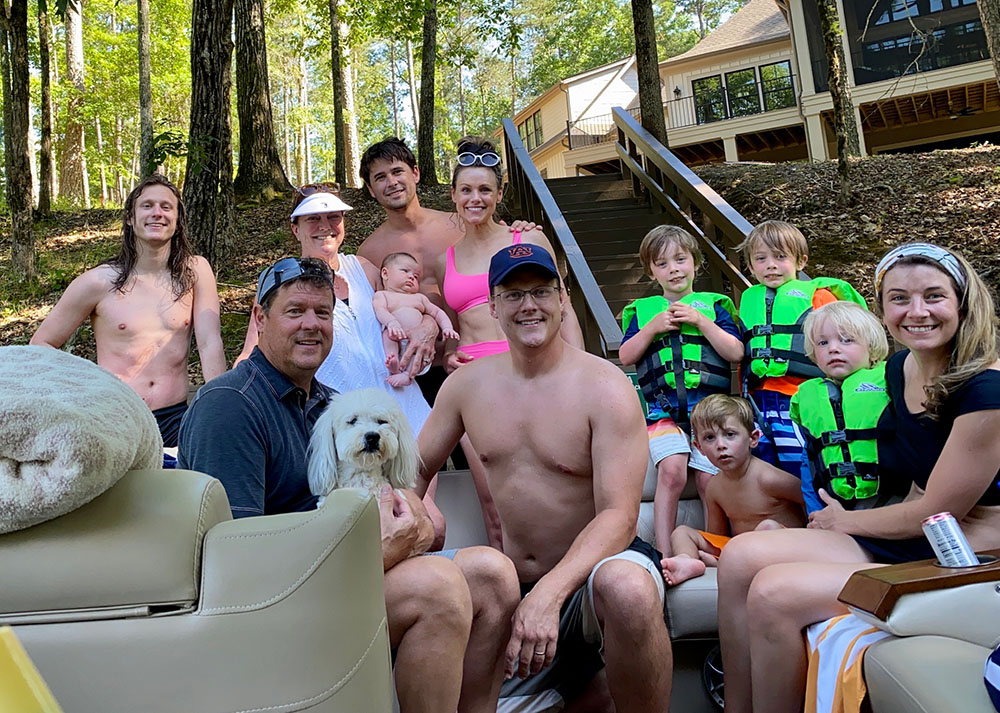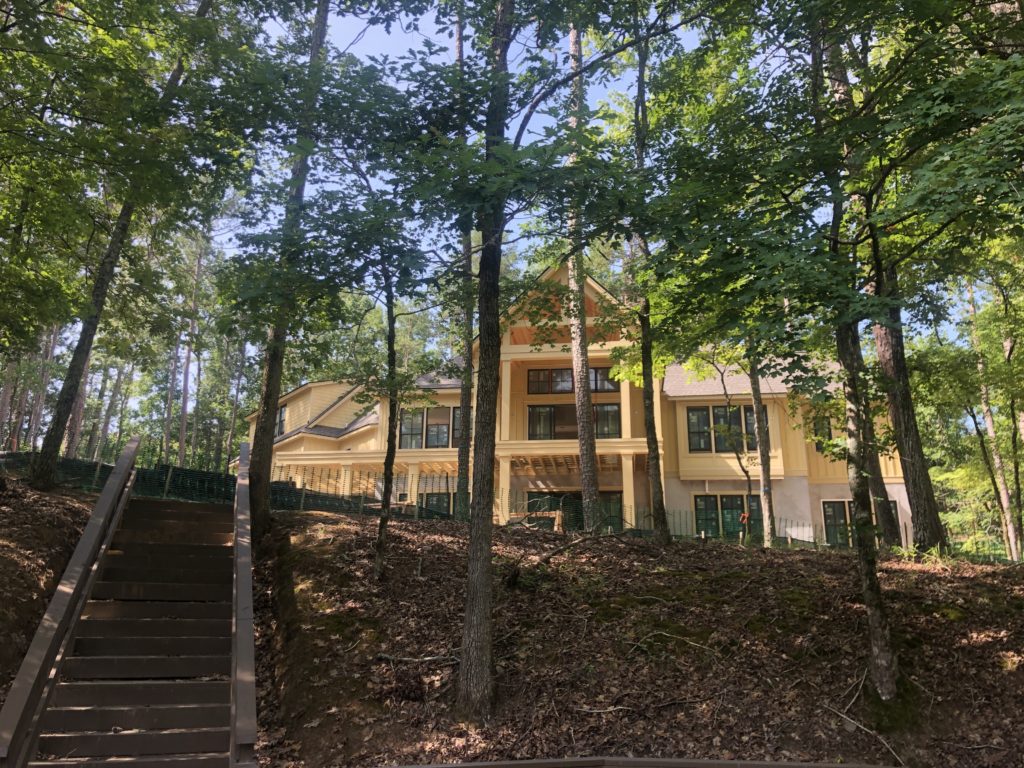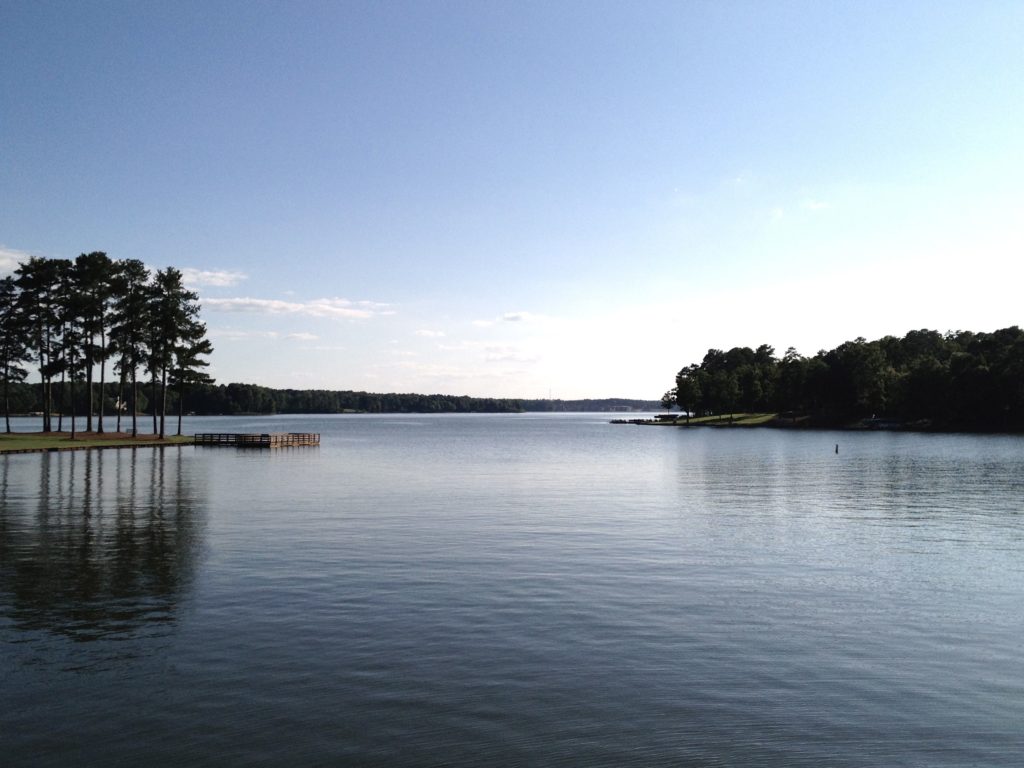Contemplating the best places to retire? Well there are plenty of lists and rankings out there. Entire publications are devoted to the “Top 10 Places to Retire”. Here’s the best advice Karen wants you to hear…ignore them.
Instead, ask yourself several thought provoking and relevant questions to gain an understanding of exactly what you really want and need. Then, you’ll have zeroed in on where you should retire. Because as it turns out, the best place for you to retire is completely specific to you and your particular circumstances.
Below are some questions that Karen asks her clients that help them think through some of the factors, and arrive at the decision that is best for them.
Factors in Deciding Where to Retire
Family – How Close do You Want to Be?
One of the chief factors in the location to retire is “where your family lives.” Being close to family is a huge pull for choosing where to retire. Spending more time with family comes up at the top of people’s desires and sometimes that means following adult children to where they are settled.
Spending time with grandchildren and supporting adult children is one of the most important factors when deciding where to retire.
Recently Karen and her husband completed their Future Retirement Home on beautiful Lake Oconee. Completing their retirement home early has afforded them time with family on weekends and holidays.
Taxes – What’s your Threshold?
When couples sometimes spend years and years paying high taxes, the thought of leaving that burden behind is very appealing – particularly around retirement when parents are empty nesters, and are no longer as vested in the school system. However, Karen advises not to let the allure of lower taxes be the deciding factor when determining where to retire.
Also, if you are comparing taxes, make sure to look at the entire tax profile. Some states have a state estate tax with a lower threshold than the federal level, while many states have no estate tax at all. Property taxes vary from region to region and don’t tell the whole story — for example, some coastal places in Florida might have relatively low property taxes but sky-high homeowner’s insurance costs.
Crime – Make Sure You Understand these Numbers
Everyone wants to be in a low risk, low crime area for peace of mind. The results of many “safest places to retire” are faulty because they are highly localized. Crime rates matter to most people, but they’re highly localized. In reality, almost all areas inside the U.S. are very safe places to live.
Of course, many cities have dangerous neighborhoods to avoid, so yes do your research. Since crime rates are public record, you can easily access crime data by zip code.
Join us next time for Part Two of the blog series and explore Karen’s thought provoking questions that she asks her clients when they are making the sometimes difficult decision to retire. In the meantime, please contact Karen with any and all questions you may have regarding your real estate needs.













